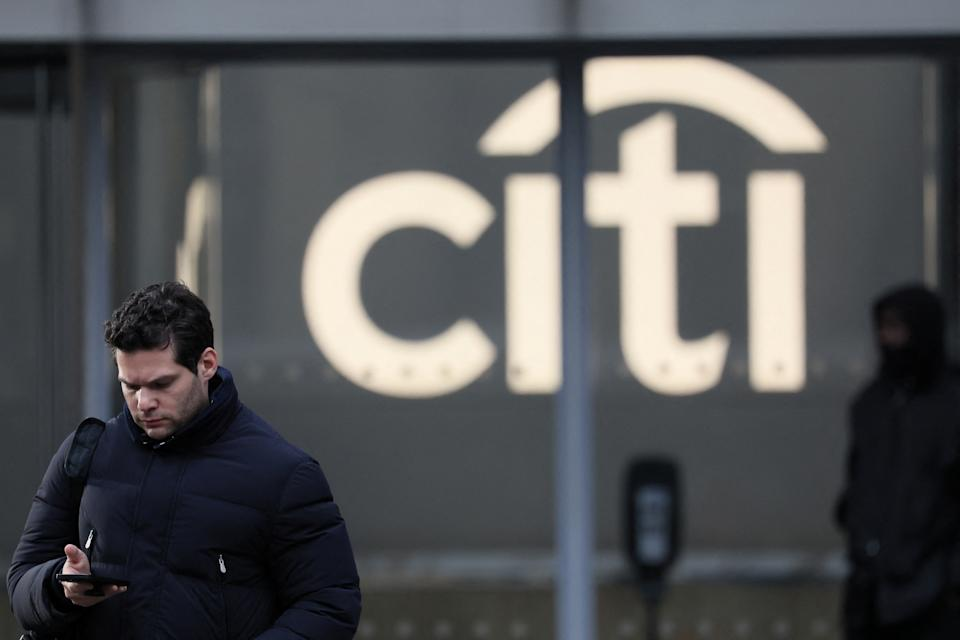
Federal Reserve meeting, July jobs report, and Big Tech earnings: What to watch this week
Key Points
- Record Highs: The S&P 500 and Nasdaq Composite closed at record levels last week, with gains of 1.5% and 1.3% respectively, while the Dow Jones Industrial Average rose by 1%.**
- Busy Week Ahead: Investors are preparing for a packed week with a Federal Reserve meeting, the July jobs report, and earnings from major tech companies like Apple, Amazon, Microsoft, and Meta.**
- Economic Data: Key economic updates include the second quarter GDP estimate, the Fed's preferred inflation gauge (core PCE), and labor market data, which could influence market directions.**
- Federal Reserve Focus: Markets anticipate no interest rate cut at the July Fed meeting (3% chance), with attention on potential dissents among FOMC members and a higher likelihood of a cut by September (64% chance).**
- Earnings Growth: S&P 500 earnings growth is pacing at 6.4% for the current quarter, with positive outlooks for 2025 and 2026 supporting the ongoing stock rally.**
Summary
The stock market has reached record highs, with the S&P 500 and Nasdaq Composite posting significant weekly gains of 1.5% and 1.3%, respectively, while the Dow Jones Industrial Average rose 1%. Investors are gearing up for a critical week on Wall Street, featuring a Federal Reserve meeting, the July jobs report, and earnings from Big Tech giants like Apple, Amazon, Microsoft, and Meta. Economic data releases, including the second quarter GDP estimate and the Fed's preferred inflation gauge (core PCE), will also shape market sentiment. Despite expectations of no rate cut in July, markets are pricing in a potential cut by September. Corporate earnings are strong, with the S&P 500 on track for 6.4% growth this quarter, bolstered by optimistic forecasts for future years. Additionally, speculative trading has surged, raising questions about market sustainability, though near-term equity returns remain promising according to Goldman Sachs. This confluence of events underscores a pivotal moment for investors as they navigate economic indicators, policy decisions, and corporate performance to start August.
yahoo
July 27, 2025
Stocks


